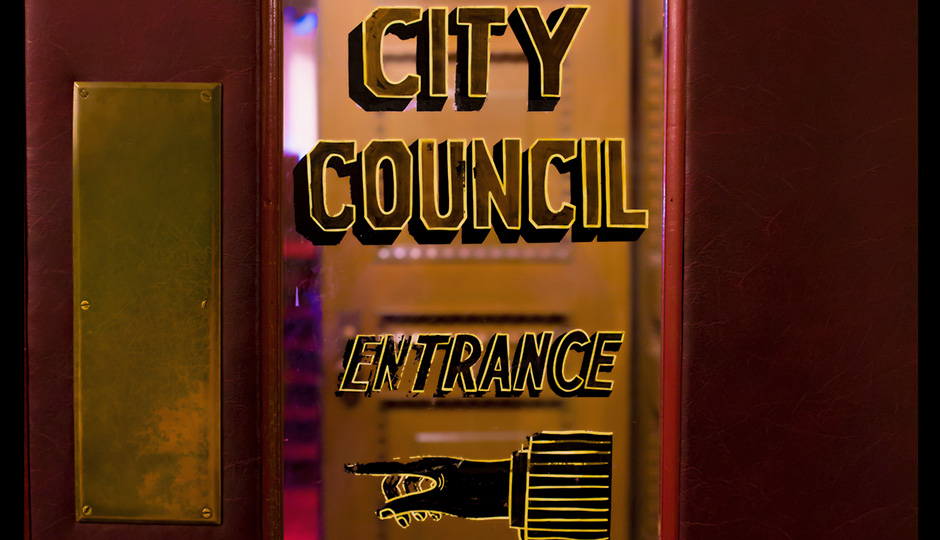Will Council Fund Schools With a Big Parking Tax Hike?
[Updated at 4:20 p.m.]
Philadelphia school district officials are asking City Council to pay a huge bill this year. They say they need an extra $103 million, even after lawmakers have voted to increase funding by $376 million over the last four years.
At budget hearings this spring, Council members have scoffed at Mayor Michael Nutter’s proposal to foot the bill by raising property taxes by 9 percent.
Now, an alternative plan by Council is beginning to take shape. And, after a dark-money group created by parking magnates backed Council candidates who ran against incumbent legislators, it might include a parking tax increase.
Lawmakers met in closed-door meetings with Council President Darrell Clarke Tuesday, according to City Hall sources. They tell us he laid out a number of potential options (as well as different combinations made of these options) to help fund the schools.
On the table: a real estate tax increase of somewhere between 3 percent and 4.5 percent, a parking tax increase of about 12 percent, a use and occupancy tax increase of about 7 percent, and tax lien sales, which Clarke has supported for some time. Sources say all of that adds up to roughly $80 million — meaning that may be the maximum amount of money Council will deliver.
Councilman W. Wilson Goode, Jr. confirmed that Clarke talked about the various possibilities yesterday.
“There was a discussion of a variety of different options and how people feel about those options,” said Goode. “They’re on the table for discussion with no consensus yet.”
The parking tax is the most politically intriguing choice being bandied about. Philadelphia 3.0, a dark-money outfit dreamt up by Parking Corp. executives Robert Zuritsky and son Joe Zuritsky, supported only one incumbent in the May 19th primary election: Councilwoman Maria Quiñones-Sánchez.
The rest of 3.0’s slate was made up of challengers in the Council At-Large race. Only three of their six picks —Sánchez, Derek Green and Terry Tracy — survived the primary.
In other words, the group might not have many allies on Council if a parking tax hike is introduced.
There is also a policy argument that can be made for higher parking taxes. They could disincentivize the development of more parking lots downtown, perhaps leading to more buildings being erected instead.
Philadelphia’s parking tax is currently 20 percent, which critics have argued is higher than even New York City’s parking tax (though it’s not nearly as high as Pittsburgh’s).
Robert Zuritsky appears to be already lobbying Council members in opposition to a potential parking tax increase, though no proposal has been introduced yet. In a letter to Council members, he wrote, “It is very disconcerting to hear the Mayor and City Council again discussing business/job killing tax increases.” He said that the city should focus its attention on cracking down on tax delinquents instead.
Likewise, Greater Philadelphia Chamber of Commerce president Rob Wonderling said in a letter to lawmakers this week that “another large increase in the U&O tax so soon after the last one sends a signal to job creators that our city is not business-friendly.”
